What is a relationship with a narcissist really like?
If you’re an empathetic person, it can make you feel crazy: You doubt yourself constantly. You’re always second-guessing. Your boundaries and sense of self are slowly broken down by emotional manipulation and gaslighting.
Whether you’re still feeling the wounds from a past narcissistic relationship, or are trying to figure out if you’re in a relationship with a narcissist right now, today’s video is your next step. I walk you through the 7 signs you’re dating a narcissist, and show you how to spot these traits faster in your next relationship.
MATTHEW HUSSEY
What are the signs that you are with, are dating, or have fallen for, or been married to a narcissist?
There are certain types of people in this world that will never make sense to the rest of us. Those are the narcissists. And I don’t mean that word in the kind of generic way that it gets thrown around a lot these days, where anyone seems to be able to be construed a narcissist based on one or two things that they’ve done. I am talking about someone who truly fits the bill. And you know one, if you have been with one because they don’t just tick the box on one count, they tick the box in almost every diagnosable criteria of a narcissist.
If you have been with one in the past, I think this is going to be a very cathartic and healing video. It’s going to help a lot of people feel a lot more sane. If you are with one right now, it’s going to help instruct how much information you have about the person you are with. If you have just come out of a situation like this and you’re still in the devastation of it, I think it’s going to help you understand a lot about what’s just happened to you.
Thank you, by the way, for watching my YouTube channel. I am Matthew Hussey, a coach specializing in confidence and relational intelligence, and for the last 17 years of my life, I’ve been helping people all over the world find love. Don’t forget to like this video, subscribe to this channel, and hit the notification bell, so that the next time I release a video, you are the first to be notified.
All right, let’s do this.
Number one, they can be great sometimes.
Despite all of your suffering, despite all of the ways that they cause you pain, all of the betrayals, all of the ways that they invalidate your feelings or gaslight you, one evening, they come home and they’re amazing. They’re kind. They’re sweet. They have great conversations with you. They’re playful, they are loving. They are everything that you always hope that they would be. And when this happens, it’s so maddening, because we think “This is it. They are capable of being this. It’s not that they’re never capable of being what I want. They are being exactly what I always want, right now.” And we then start playing the game of, “If I can just keep this going, this is the relationship I always wanted with this person.”
What we have to remember is that a narcissist might actually come across as a delightful person once all their needs have been met. That’s not always the case, but for some, if all of their needs have been met, if they have their supply, as it’s known. If they feel validated and adored and there’s nothing they want for, then they might see you in the evening, they might see you at some point, and be wonderful to be around. But what you’re really experiencing is them being great because every box is being ticked for them right now. The danger is who they are when they’re trying to get their needs met.
I like to think about it like a broken watch. A broken watch is right twice a day. It’s wrong most of the time, but for two brief moments a day, a broken clock is correct. Don’t mistake a relationship that works a couple of moments a day, a week, or a month, with a working relationship, you have every right to be loved, considered, and seen in every other minute of the day too.
Number two, your empathy for them gets you worse treatment, not better treatment.
The very quality that can make us so special, our empathy, our compassion with people, our ability to truly see behind what’s going on with the person, or to understand, to see them at their core, not to just blame or judge on the surface, can actually be the thing that gets weaponized against us.
Think about in a relationship like this how often you end up forgiving someone, or empathy is often the horse that forgiveness rides in on. Right? Empathy is the thing that ushers in forgiveness. When we understand someone. When we know their story. When we are able to see the hardships that they’ve endured in their life, the things that they’ve been through, that maybe it feels like uniquely predisposed them to this bad behavior, to treating us this way. It breeds a kind of sympathy, maybe even a kind of pity. “They’ve had it hard. They’ve been through a lot, they can’t help themselves.” And that empathy is what allows us to keep forgiving someone, to keep making allowances for their terrible behavior in the present.
And of course, when we finally say enough is enough, that person will often shame us. Shame the part of us that wants to feel compassionate by saying, “How could you? How could you leave me? How could you judge me? How could you not forgive me? You know me. You know what I’ve been through. You, of all people I thought would understand.” In those moments, their story, and all of the reasons that we should see them as sympathetic can get weaponized against us using our empathy, which is something we pride ourselves on. So we have to be extremely careful of that.
But the real insidious part of this is that one would think that the person who lives on this island with the narcissist who gives them the most sacrifice, the most compassion, the most empathy, would be the person that they treat the best. Sadly, the person living on that island with them is usually the person they treat the worst.
For a narcissist, our empathy isn’t seen as some beautiful quality that signifies our value. Our empathy is seen as their ticket to doing whatever they want. It is seen as their perpetual Get Out of Jail Free card anytime they want to get their needs met in any disrespectful or terrible way, and they know at the end of any terrible behavior they can always rely on and—because of their entitlement—expect forgiveness.
Number three, they are able to move on impossibly quickly after something terrible they have done to hurt someone they love, which may mean you.
I want you to think about the things that this person has done to hurt you. And as a thought experiment, I want you to now imagine that you had done any of those things to them. That you had caused that kind of hurt to someone you love. How long would it take you to move on from that? You, not them. How long would it take you to move on from that? How hard would it be? How much work would it take for you to forgive yourself, for you to let go of any shame that you felt? Any guilt that you felt at having done that? Any anxiety that you felt at having been what you might think of as a bad person. How long would it take you? How hard would it be for you to move on from that? Then consider how easy it was for them to move on from that.
Many narcissists will never apologize and expect you to move on. But even the ones that can apologize will often expect that once the apology has been issued, the situation is over. And if you continue to have any feelings about the betrayal that you’ve been through, the pain they’ve put you through, the hurt they’ve caused, they will start to become incredibly impatient or even angry at the fact that you are still making a big deal out of it. “Why are we still talking about this? I thought it was over.” Their response is devoid of compassion.
And by the way, that doesn’t mean that they won’t grovel in the beginning or perform grandiose gestures in order to win back your good graces, in order to prevent from losing you. They’re only doing that in order to get back to the status quo so that they can get back to getting their needs met. So that they can get their supply again.
They’re not doing it because they fundamentally feel bad, because what they have done has gone against some fundamental moral compass that they have that they now are finding it challenging to reconcile or forgive themselves for. What they want is for you to move on as quickly as possible, because they moved on the moment they did it. In fact, for them, there was nothing to move on from.
By the way, never let someone else’s ease of moving on gaslight you into believing that what they did wasn’t so bad after all in a situation like this. Their ease of moving on has nothing to do with the scale of what they did. It has everything to do with the absence of empathy and compassion that they feel when they do bad things.
What’s up, everybody? Sorry. To interrupt my own video. I just wanted to let you know that we only have 35 spaces left for my Live Retreat in Florida this September from the 9th to the 15th. If you want to spend six days with me, getting to know more about your story, helping you through some of the deepest things that you want to work on. This is the place we do it. It’s only happening once this year, and this is your chance to get on board. So, go to MHRetreat.com, grab one of those 35 places before they’re gone, and I hope I will get to see you there.
Back to the video.
The fourth sign that you’re with a narcissist. When caught red-handed, they will make excuses that are almost unbelievable. Which, by the way, we might still believe.
You might have clear as-day proof that someone is cheating on you. “I literally found the messages on your phone,” and they will say something like, “What are you doing on my phone?” And come to think of it, “That’s my private life, and has nothing to do with you.” Inside you’re thinking, “But we’re in a relationship.” Before you know it, you are on a different planet to the one you thought you were on, having to defend yourself for not being a good partner to this person who, three minutes ago, you found out was cheating on you.
You ever heard the law Occam’s Razor? Occam’s Razor is essentially the idea that the simplest explanation is the most likely one. “I found evidence of you cheating. That’s the most likely thing that has happened, is that you have cheated.” What they are telling you is the complete opposite of Occam’s Razor. It is the most complex, ridiculous, insane version of events that somehow leads to them being innocent or being the victim. And, ideally, you being the perpetrator. Though you just found that part out.
It’s almost like the excuses version of Murphy’s Law. David, what’s Murphy’s Law is kind of anything that can go wrong will go wrong, right? Or anything that can happen will happen. In this case it’s any excuse that can be made will be made, and even the ones that you think couldn’t be made will be made. Remember, if the excuse sounds wild, then it’s more likely an indicator of the person you are dealing with than just how fantastical the reality really is.
You didn’t think I’d be able to fit Occam’s Razor and Murphy’s Law into one point? Did you?
If they’re deeply uncomfortable with the contents of this video, they’re a narcissist. And that, my friends, is Matthew’s Law.
The fifth sign you’re with a narcissist, even when you are at your worst, in a moment when you are sinking and you think they wouldn’t let you drown. They do.
This, I think, is one of the most earth-shattering, reality-bending realizations that people come to when dealing with true narcissism. They may have seen bad behavior over time. They may have seen it consistently, reliably, predictably. But, there’s something in the back of their mind that tells them, “Yes, but if I was truly in trouble if I was really on my worst day, this person would be there for me. Of course they would. We’ve been together all this time. We have history. I’ve sacrificed so much for them. I’ve always been there for them. We are lovers. We love each other. At the end of the day, we are like this. Despite all of the chaos on the surface and all of the friction in our relationship and all of the challenges we’ve had, at the end of the day, we are there for each other.”
And in a sense, it may feel like we never truly put that to the ultimate test, until something dreadful happens in our life, until something goes truly wrong. It might be a point of financial devastation. It might be at the point of a health diagnosis. It might be a time when your life falls apart in some very real way with your family or your mental health. You believe that in that moment when the chips are down, they’ll throw you a life raft, they’ll be there for you. And in that moment, you watch as you’re going underwater, and they’re not there. They stand by, either with indifference or with excuses.
In short, you cannot know the extent to which a person like this will abandon you in the key moments until those devastating moments actually happen. And for a lot of people, that moment is a moment of true realization. It’s almost for a lot of people, a moment that they can never go back from. They will never forget that in that moment when they were drowning, the other person did not save them. And you can’t unknow that.
It’s almost like we can’t bring ourselves to believe that we’re in a relationship or married to an alien. And some people are watching this, and it applies for them with a family member or a parent. But it’s hard to believe that this person that you have been wed to in one way or another, is actually an alien to you who does not operate by the same set of laws in life.
So we still identify with them, and we say “No, no. When it really goes wrong, they’ll behave like I would behave.” And that’s the mistake. Is that right up until total devastation, we still believe that they will behave like us, but they will never behave like us because they don’t operate according to the same set of laws.
By the way, don’t ever shame yourself for feeling like a fool when it comes to this. It is one of the most mind-blowing, reality-shattering realizations that you will have about a person, and long after it’s happened, you can still fail to understand how the hell that person was happy to let you drown.
Don’t shame yourself for finding it hard to wrap your head around that reality. The fact that you can’t really wrap your head around that reality is a sign of who you are and your character and just how different you are from them.
Sign number six, they show emotion, but their emotion doesn’t come from the same place as our emotion comes from.
So it’s very tempting when we threaten to leave someone to see their tears, to see them cry, to see them get upset. And to think, “Oh, they do have the same emotional register as me. Look, I keep talking about them like they’re this cold, calculated, unemotional narcissist. But, look how much pain they’re feeling right now. Look how many tears they’re shedding. Maybe they are like me after all.”
Now it’s not that their tears aren’t real, it’s not that their tears are an act. That’s just another falsehood. Their tears may well be real, but their tears aren’t for you. Their tears are for them. They are feeling a loss, and that is what they’re upset about.
In other words, when someone hurts you and they risk losing you, they’re not hurting because you’re hurting. They’re hurting because they’re hurting, and their pain is the most important thing in the world to them. So they are capable of feeling immense pain, but we mustn’t mistake it as having the underlying foundation that our pain has.
When we feel pain, it’s often from a place of having caused someone else pain. Our pain is our guilt, our pain is our self-loathing. Our pain is our self-admonishment that we could have done something like that to someone. Their pain is that whatever has happened has cost them something. And that’s where their sadness or their hurt is coming from. Don’t confuse tears that are over you for tears that are for you.
The seventh sign that you are with or have been with a narcissist, is how quickly and seemingly easily they can discard you once it’s over.
It is another shocking realization. I feel like every narcissistic relationship is sort of a series of shocking realizations to wrap your head around. And, in many ways, the final shocking realization that people have is that this person that they thought once they finally left the narcissist, or once they finally stopped giving in to them, would continue to hurt, or would in some way, continue to do the right thing afterwards, or continue some strand of connection, how easily that person severs all connection with you. How they can seemingly just move on, as if you never existed. And any communication with them from that point is tantamount to an inconvenience to them. Unless it still represents some kind of supply. Right?
If the narcissists can continue to get supply from you, in some way, then there may still be some passing interest. In other words, if they can still get validation from you, adoration from you, if they can still get their needs met in some way, then maybe they’ll hang on to that connection. But the moment you refuse to be their supply anymore, which means having boundaries, having standards for yourself, going forward, the moment you are no longer supply they discard you as if you never existed.
And for people who have so much history with someone, in many cases, have built a life with someone, or been raised by someone, or raised someone the idea that that person could just cut them off and move on to another life at lightning speed is the most disorienting, bewildering thing. But that’s exactly the experience so many people have when it comes to narcissism.
This can have the effect of being almost this kind of “exit gaslighting” that happens on the way out. This feeling that this situation that has gaslit us all along, on one level or another, this is like the final gaslighting. Is that “I made the whole thing up. I thought we were soulmates. I thought we were this couple that looked out for each other. I thought we had a marriage that meant something at the end of the day, after years or decades of being together. And, seemingly, it counted for nothing. It is like it was all just a hallucination of my own.”
Whatever they thought of the relationship, or how different it was in their mind to how it was in yours, your love was real. The relationship may not have been in the way that you thought, but the way you loved, and the ability you had to love them, your feelings for them, were real. And the beautiful thing is you can now take all of that that you still have, because it’s yours, no one can take that from you, and you can point it in a direction that deserves it this time around. And I don’t care how late in the day, you have told yourself it is for you in life. I don’t care what season you are in, it is never too late, while you are still breathing, to take all of that love that you have and to point it in a direction where it will do good and blossom into something beautiful for you and for somebody else.
If you enjoyed this video, leave me a comment, let me know what it meant to you. The feedback on these videos means a lot to me and helps me direct future videos. It also is encouraging to me to know that people are out there and that you heard it and that it made a difference to you.
I wanted to give you something as a gift from me today. I have created a free and very practical guide for communicating bold standards. In many cases, standards you may have never communicated before, and when we’ve never communicated them before, we need to learn the language of them. What does it actually look like to communicate these new standards that I want to have in my life? And this guide is designed to help you do exactly that.
Remember, if you have gone a long time without communicating standards, or you’ve never had them, and you’ve never known how to set boundaries, then it’s like learning to walk for the first time, and that’s okay. When we’re starting out learning a language, we need to know the basics.
So I put together a guide for you to be able to create bold new standards going forward. And it’s really going to show you what they look like, literal sentences that you can say to people to have the kinds of standards that are going to create a better life, a better relationship for you in the future, and protect you from the kinds of relationships you may have had in the past.
Go to BoldStandards.com and you can download that guide for free right now, and let me know what you think. I think you’re really gonna love it.
And thank you for watching this video. I’m so happy to have you here and let’s keep working on our standards together.
I’ll see you next week. Be well, my friends, and love life.




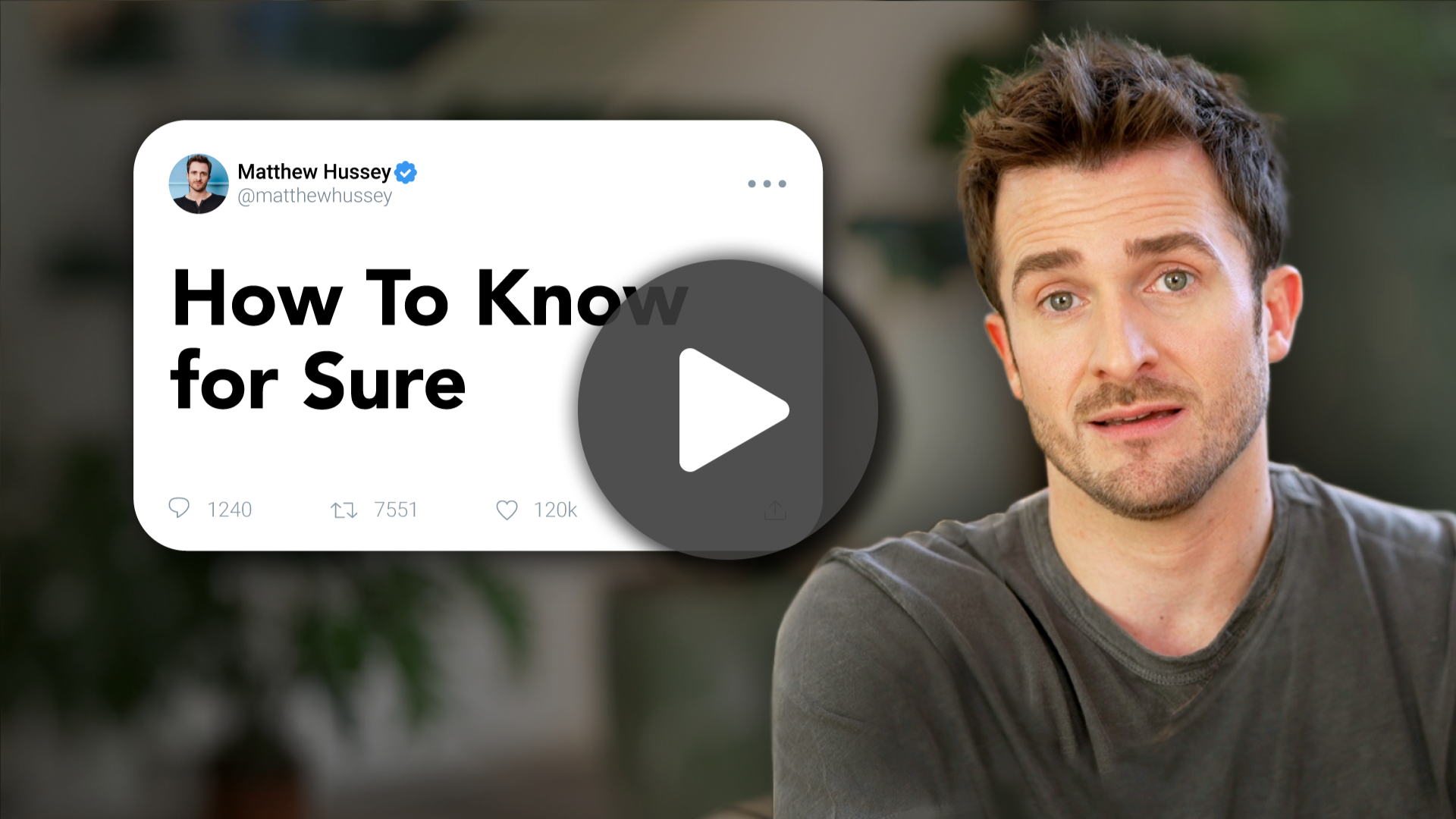
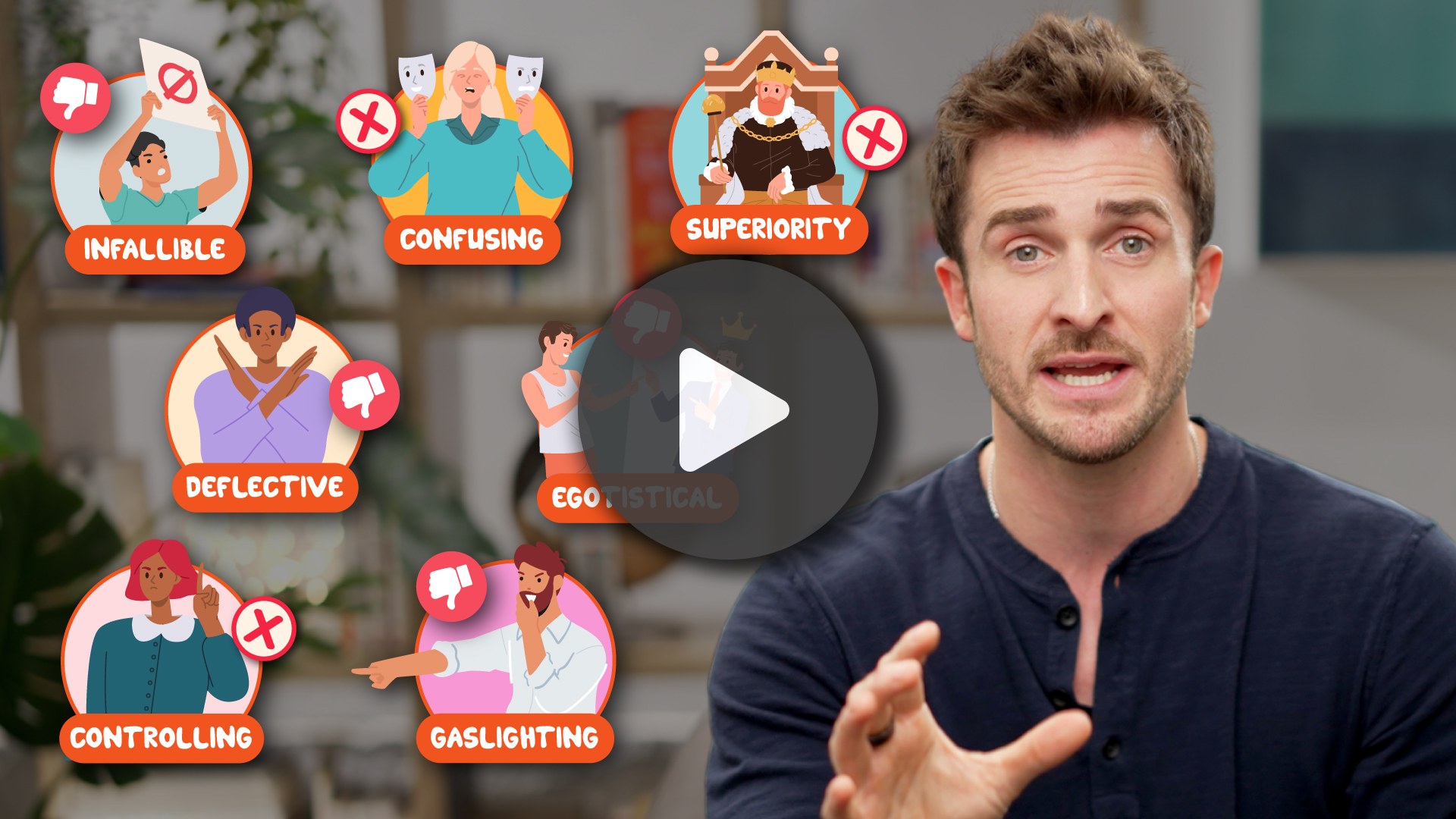
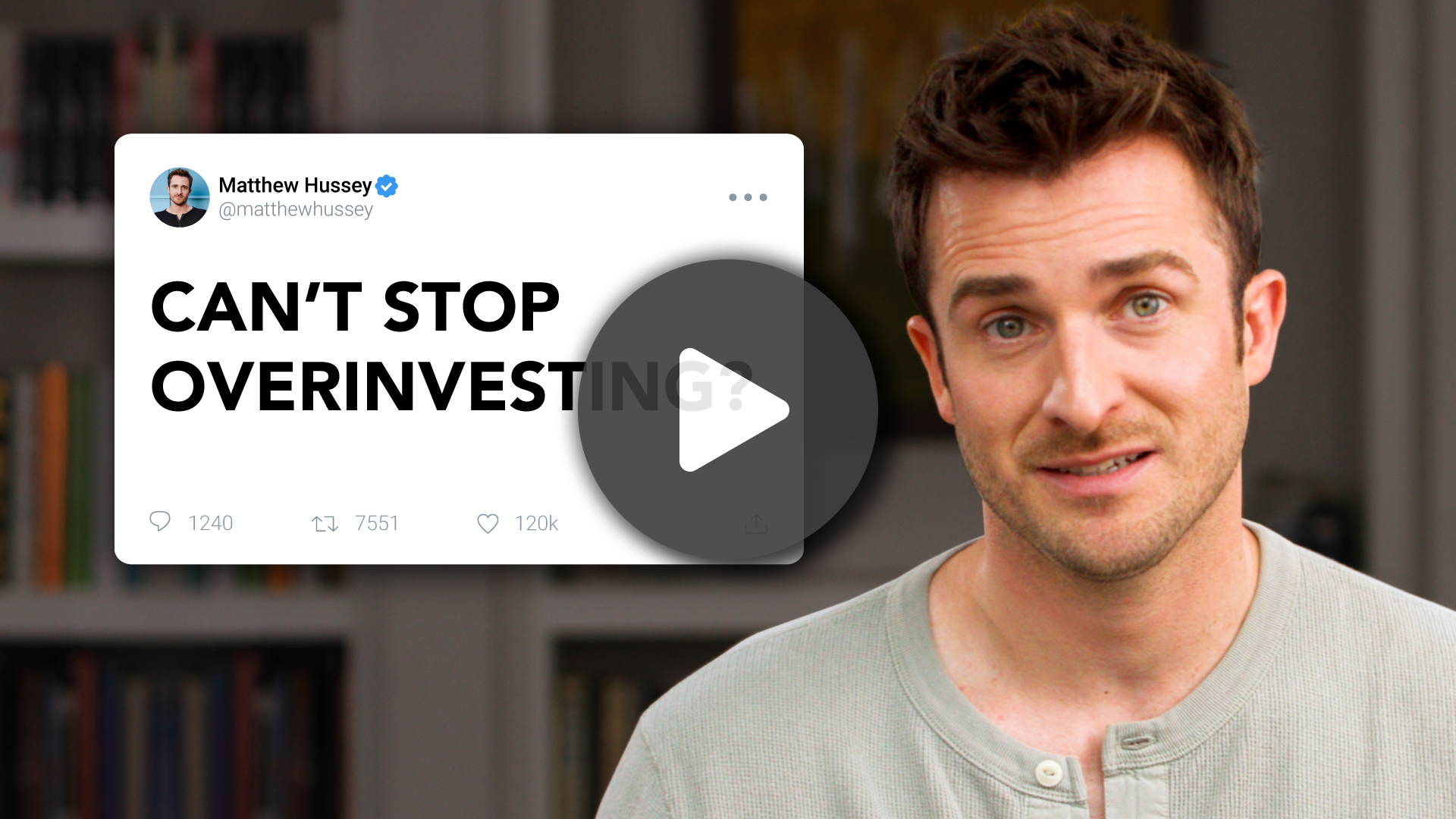
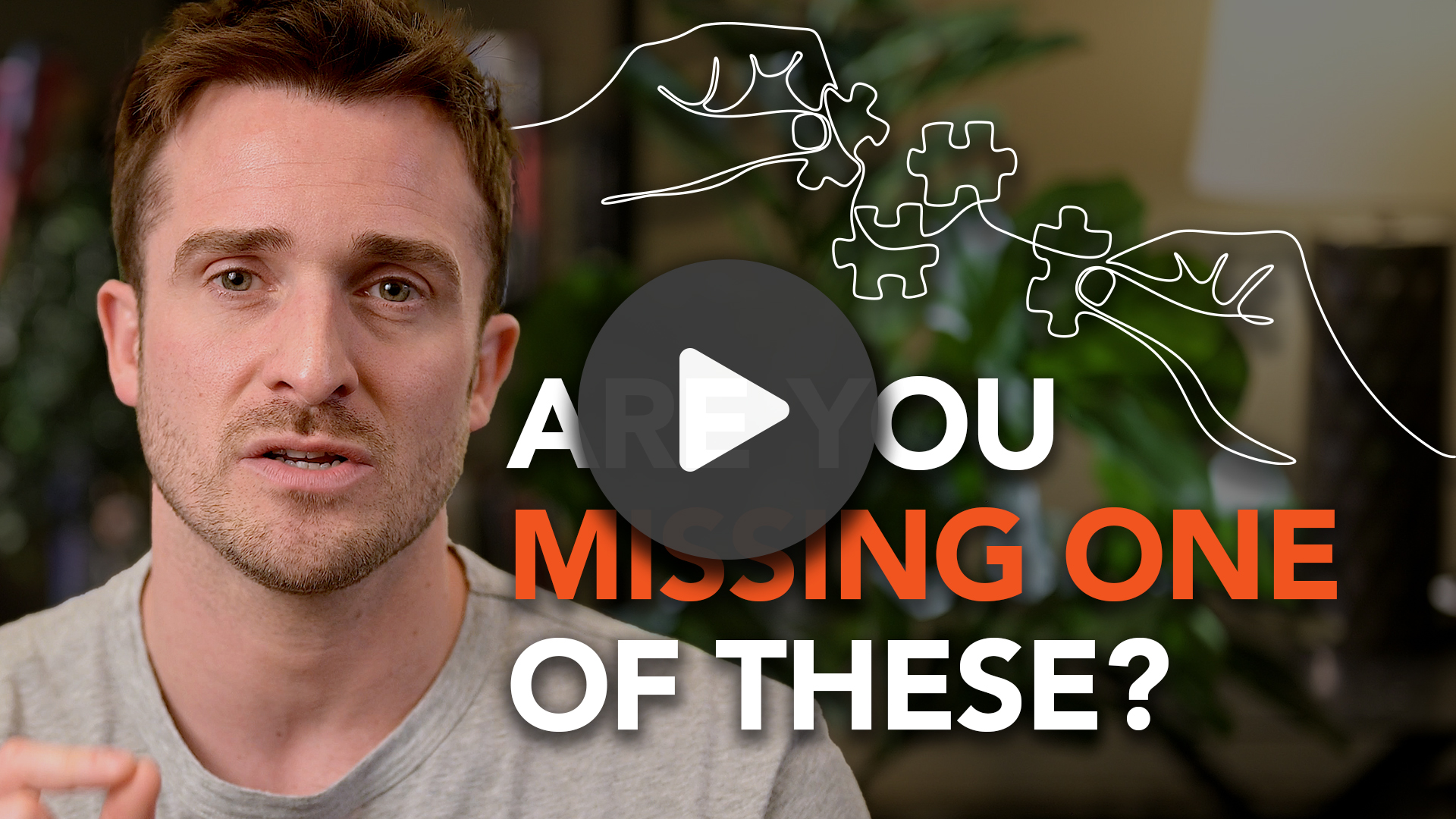
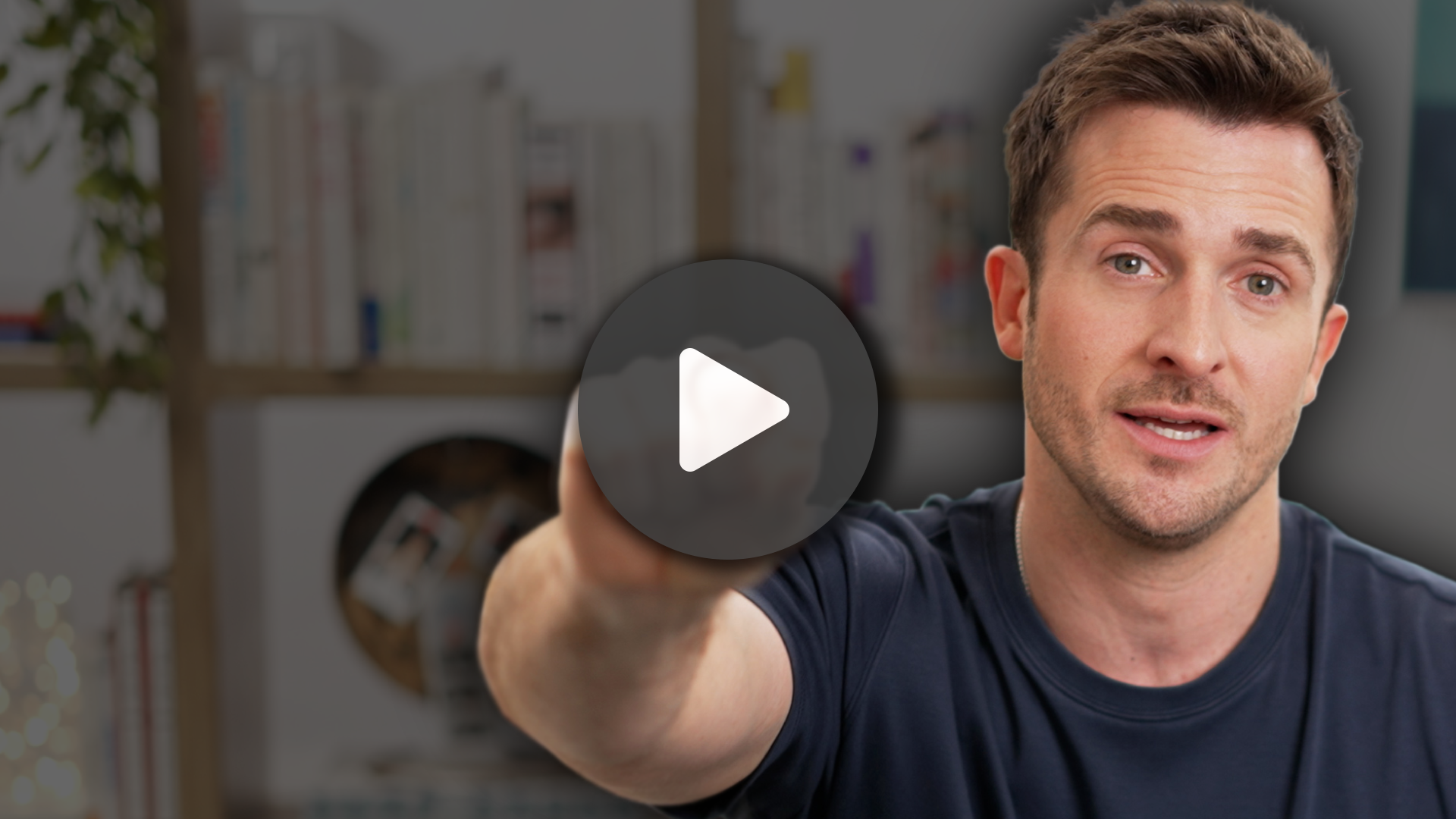




After extracting myself from a relationship w a narcissist, this article was a gut punch. Number 5 is ironic because i had many life stress situations happening all at once. And I was apologizing for being a distracted gf! I literally used your same words: I’m drowning. I’m barely hanging on. He went off with his friends, deserted me and said “I’m sorry for your challenges” (!). And promptly Number 7, not a word.
Wanted to comment there’s also triangulation and isolation. I felt left out, like some grade school playground.
Thank you for your insight and support <3
Thank you, Matthew! This was so empowering and helped me to move on. I never really liked using the word “narcissist” or relating my ex to it because I think it gets thrown around too easily. Every one of these on the list spoke to my relationship that has left me super heartbroken. This allowed me to know that he did walk away with the ability to never look back and I will not regret the love I gave because it was truly authentic. I felt loads better after listening to this and listened again, just to be sure. I appreciate this so much. xo
Struggling for over 7 years with a man I knew had issues from his childhood, your video made everything so clear… from the abuse of my empathy, to his manipulation and lies, to his charismatic character. You have healed my pain in one short video and I feel I can now move forward….without him!!!
Thank you
Thank you for sharing this information. At #2 I started crying because I could relate to all of these and I keep trying to wrap my head around understanding how he could justify doing what he did to me and our son.
Oh dear! Of course I wondered a little, but as you outlined at the beginning, a narcissist can demonstrate all the hallmarks of a caring and compassionate person sometimes. But when I read the parts about how quick they move on when you’ve served their purpose, and how they show emotion because they are in pain not you, that was the comment that sealed it for me. Good to see this now. Perfectly timed thank you.
This was very clear. Thanks for sharing
Hi Matthew
I think your knowledge and explanation of narcissism is extremely accurate. Your examples can easily be applied to real life experiences and provide understanding. A penny-dropping moment!!!! Thank you! X
This really helped me to see and end a relationship that at times was great and blissful but more times than not left me doubting his intentions causing heartache and suffering as my needs were not being met.
This is the first I ever experienced anything like this and am grateful because now I am stronger and feel more confident in setting standards for myself.
Thank you for sharing! For me I thought we built a real soulmate level, we would enjoy thinking of ways to stay together forever, feel emotions without words. Many years we where the best friends ever helping in every need without realizing love needs building with years like we did unknowingly. The crazy part was after things happened it was over right away and he was with someone right away and it was never love according to him. Am grateful for the love and lesson. I see someone special who made me strong and who deserves to be happy. I stopped the friendship since I can’t be friends with the one I love. And I don’t want to be friends with the one who let me go so fast for someone.
I was with a man for 32 years, from the age of 17. To discover he is not who I thought he was, to be discarded so brutally, to now waking up to what I was living through for many of those years is heart-breaking, soul destroying, eye opening, humiliating and a daily challenge while I work to be free.
Ultimately though, being free is a journey that is strengthening me and making me a more compassionate woman (to myself and others). This video is one of the best synopsis of the reality and inexplicable challenges of navigating how to come to terms with something you simply cannot.
Thank you Matthew for your wisdom, kindness, education and empowerment for this highly destructive, much misunderstood personality disorder.
Thank you for this, it really helps.
Thank you so much for this. It is the most concise and “spot on” description of this type of relational dynamic I’ve come across. As you described, it is “mind bending” and “shocking” and bewildering. It is healing to watch this video and hear you communicate your understanding and your empathy.
i like the video am a victim but i will follow the steps to come out of the situation
This came at the right time. Can a narcissist change?
At 55 years of age, I awakened to my 31 year old fairytale marriage broken. I lived through each of those seven steps over and over again. For 8 years after the affair, I heard regularly, “What the fuck is the matter with you? Why the fuck can’t you move on?” Eight years I lived with that. Finally, one morning at 3:30 I said to him, “Who yelled at who when you were caught emailing her?” I kept reciting events that had happened where he consistently blamed me. Time after time after time.
We are still together. I feel like a fool for staying. Economics played a big roll in us staying together. I have never heard anything so wonderful as this video on Narcisscism. It’s like you were a fly on the wall in my home. Or, as if my husband gave you the script that he had memorized and used on me.
Thank you so very much. I wish I could get over this, but I don’t see it happening anytime soon. Still, thank you!